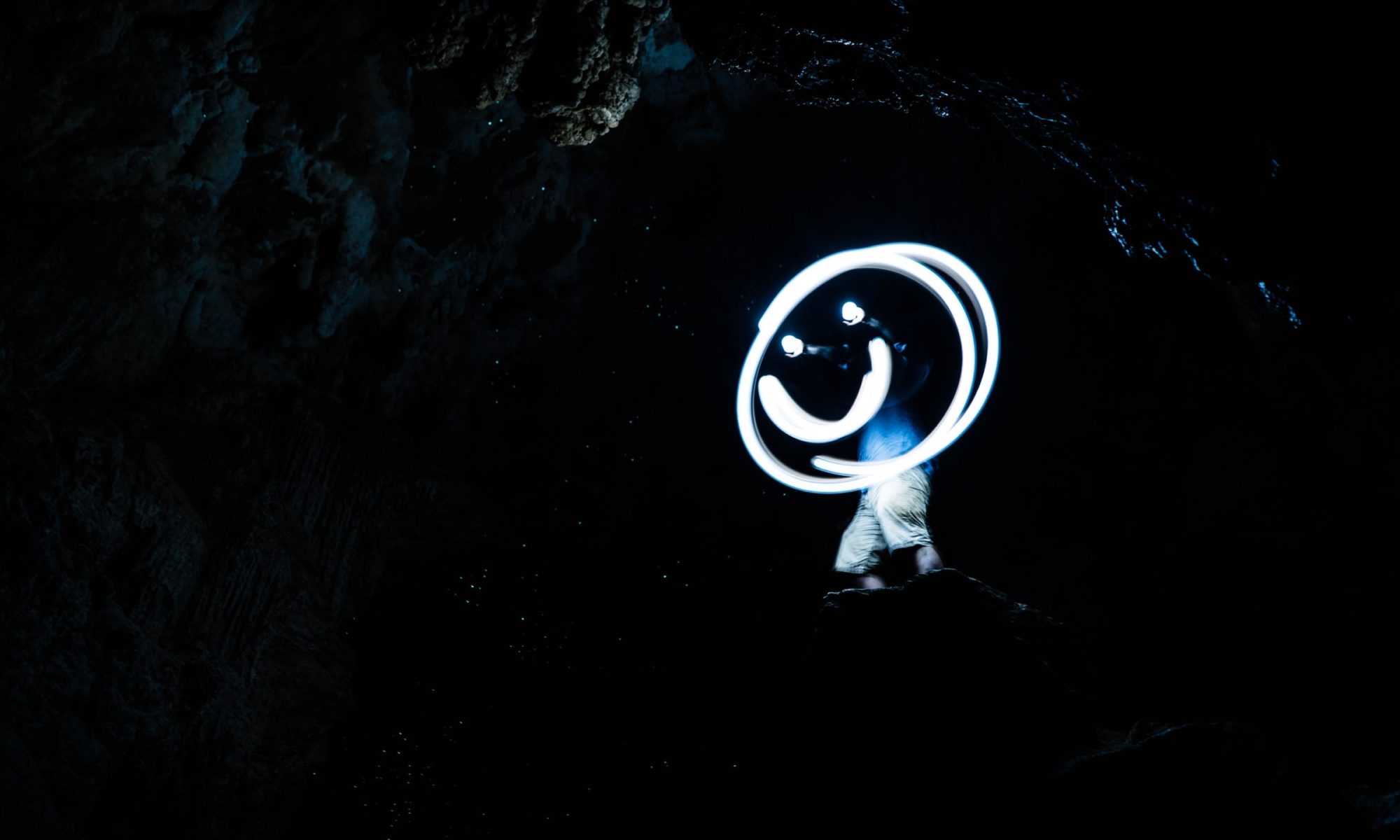My daughter began to smile this week.
She’s only been alive for a month, so this is a cause for celebration rather than a tale of facial muscles overcoming years of adversity.
When things happen is just as important as what happens.
In fact, you could say that the when of things is part of the what of things in creating stories and making a drama.
The order in which things happen in your story, how one thing leads to another, communicates to an audience your sense of what is of consequence in this universe.
Sometimes when we conceive of the events that happen in our stories we focus too much on the individual event. Francis says THIS and Gordon replies THAT. It’s a disagreement! It’s a conflict!
But, not necessarily.
You want to remember that what happens and in what order helps define what the story is and is about.
It goes back to the questions practising dramatists need to ask, “why this and why now?”
A character might express it as, “why can’t I get this now?” (Can you make the situation that leads to this point more difficult beforehand – say, a lingering joke, the character’s promise of the opposite, the appearance of an alluring alternative?)
An anxious parent might whisper urgently to a four-week old baby, “smile, dammit. See me. See me and smile. See that I’m here.”
What dramatically heightens (or makes comic or deflates) that moment will be what comes before – what part of the story makes this an increasingly urgent problem?
What created or compounded the anxiety?
Has the parent been told by a doctor that babies who don’t smile by four weeks are somehow never going to smile and possess only tundra for a life-long emotional hinterland?
Or has the up-till-now-content baby been stuck with a terribly downbeat and catastrophic grandmother while the parent looks for work? Did the other parent warn that this might happen?
Or has aforementioned catastrophic grandmother told a story of how the family is plagued with the curse of Resting Disaster Face, a condition that leads to a life of misunderstanding and missing out on the fun?
A flip of a coin can be thousands of times more dramatic than a car chase. It all depends on the moment that led to it, that produces the meaning of the toss, what we understand to be the outcomes of a win or loss, and the moments working backwards from that.
To think about how the order of a story works more deeply, watch Christopher Nolan’s Momento or see or read Harold Pinter’s Betrayal. This pieces work kind of in reverse (there’s nobody speaking backwards, it’s more C leads to B leads to A) and show how the placement of scenes is crucial to heightening dramatic tension, but also to making an audience think about the meaning of what causes what in our lives.
What do you want to say about what is of consequence in life?
Photo credit: Felix Plakolb on Unsplash

